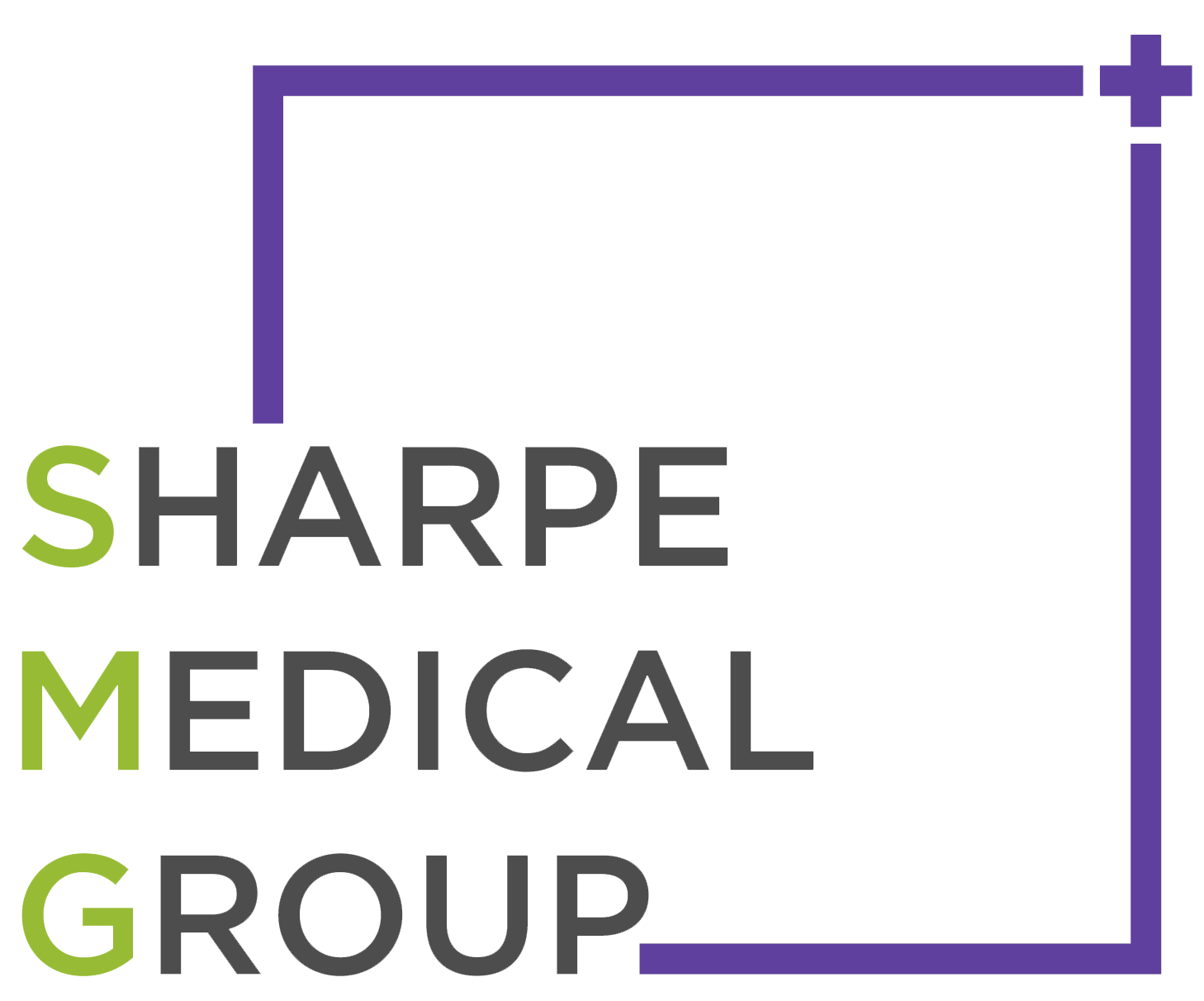Hi Readers! This is Dr. Leslie, a board-certified Emergency Medicine Physician, Functional Medicine expert, and founder of Sharpe Concierge. Through my concierge physician services, food planning, food sensitivity testing, weight management, and supplementation program, I help busy professionals take control of their health to lead more vibrant lives.
When diagnosed with a food allergy, it is essential to avoid that food. When shopping, it is important to read ALL label ingredients. According to the Federal Food, Drug, and Cosmetic Act, a law was put in place to require most packaged food in the US to disclose if they are made with a major food allergen. The FDA updated this law in January of this year, and the allergens increased to nine. The major food allergens include the following:
1. Milk
2. Eggs
3. Fish
4. Shellfish
5. Tree nuts (almonds, pecans, or walnuts)
6. Wheat
7. Peanuts
8. Soybeans
9. Sesame – new to the list as of January 1, 2023
The label must include this warning and the potential allergen within the ingredients list, for example, “flour (wheat) .” Labels also must be specific to state the type of tree nut and the species of fish or shellfish.
When reading labels, please note that some ingredient names do not list their source. For example, you may find “whey” listed as an ingredient without any citation that milk is the source of whey. The label must, however, include milk somewhere on the ingredient list in at least one place.
There is no label to check if you purchase non-packaged food items, such as from a bakery. This labeling does not apply to food wrapped or placed in a container at the point of sale, such as a deli section. In such cases, ask store personnel; if they seem hesitant, do not purchase the item. Always ere on the side of caution.
You may have seen labels that state “may contain” or “produced in a facility” if there is a slight chance that a food allergen could be present. This is a warning that the manufacturer may use the same equipment to process multiple foods, which could lead to cross-contamination. Companies are not required to add this warning and may only do so if they have applied good manufacturing processes to avoid cross-contamination.
Please keep in mind that if your allergy is outside of these 9 “major” allergies, it may not be included in the allergen warning label.
The last word on allergens is to read all ingredient labels; if unsure, do not make the purchase. Remember that a company can change the ingredients in their product, so even if you have eaten the same item in the past, continue to check the label.
Thank you for reading this blog! As always… I am Dr. Leslie, a board-certified Emergency Medicine Physician, Functional Medicine expert, and founder of Sharpe Concierge. Through my concierge physician services, food planning, food sensitivity testing, weight management, and supplementation program, I help busy professionals take control of their health to lead more vibrant lives.
If you are ready to take control of your health, let’s work together!
